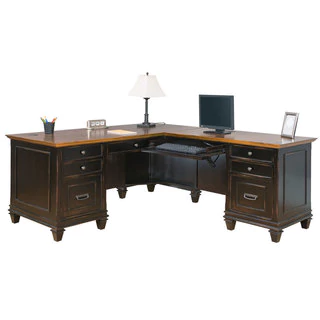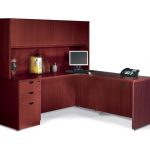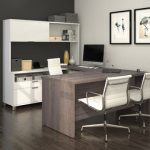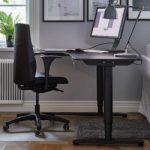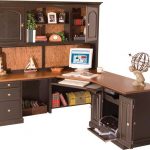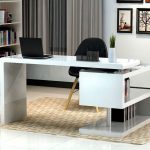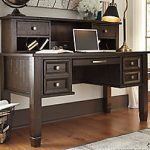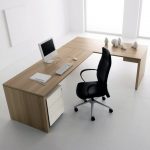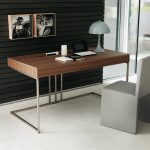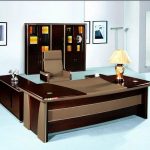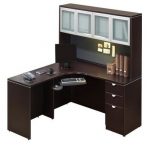Choosing an office desk may seem like a simple task, but the reality is that there are many factors to consider to ensure you select the right one for your needs. A desk is an essential piece of furniture in any office, as it serves as the focal point for your workspace and plays a key role in your productivity and comfort. To help you make an informed decision, here are seven essential features to consider when choosing an office desk.
1. Size and Shape: The first thing to consider when choosing an office desk is the size and shape. The desk should be large enough to accommodate your work essentials, such as a computer, printer, and files, while leaving enough space for you to work comfortably. The shape of the desk should also complement the layout of your office and fit well within the space available.
2. Material: Office desks are available in a variety of materials, including wood, metal, and glass. Each material has its own aesthetic appeal and durability, so it’s important to choose one that aligns with your personal preference and office decor. Wood desks are classic and warm, while metal desks are sleek and modern. Glass desks can create a feeling of openness and lightness in the office.
3. Storage: Having sufficient storage space is essential for keeping your workspace organized and clutter-free. Consider a desk with drawers, shelves, or a hutch to store your office supplies, files, and personal items. A desk with built-in storage can help you maximize your workspace and keep everything within reach.
4. Ergonomic Design: An ergonomic desk can significantly impact your comfort and productivity. Look for a desk that allows you to adjust the height to prevent strain on your neck and shoulders. A desk with a keyboard tray can help keep your wrists in a neutral position to prevent repetitive strain injuries. An ergonomic chair that complements the desk can also contribute to a healthy and comfortable workspace.
5. Cable Management: With the increasing number of electronic devices in the office, managing cables and cords can be a challenge. A desk with built-in cable management features, such as grommet holes or wire trays, can help keep your workspace tidy and organized. This will not only make your office look cleaner but also prevent accidents caused by tangled cords.
6. Style: The style of the desk should reflect your personal taste and complement the overall aesthetic of your office. Whether you prefer a traditional, modern, or industrial design, there are desks available to suit every style. Consider the finishes, colors, and details of the desk to ensure it matches your existing furniture and decor.
7. Price: Last but not least, consider your budget when choosing an office desk. While it’s important to invest in a quality desk that meets your needs, there are options available at various price points to suit different budgets. Consider the features and materials that are most important to you and prioritize those when making your decision.
In conclusion, choosing the right office desk involves careful consideration of several key features. By taking into account the size, material, storage, ergonomic design, cable management, style, and price, you can select a desk that not only looks great but also enhances your productivity and comfort in the office. Remember to test the desk in person, if possible, to ensure it meets your expectations before making a purchase.
 darbylanefurniture.com Interior design ideas with the latest interior inspiration
darbylanefurniture.com Interior design ideas with the latest interior inspiration

